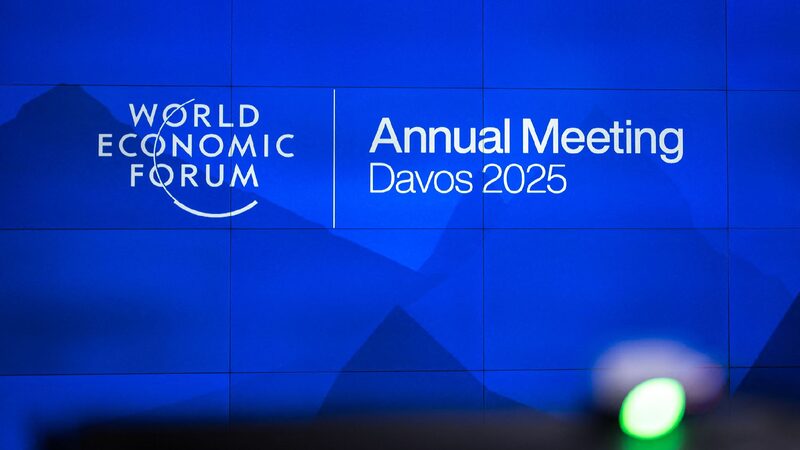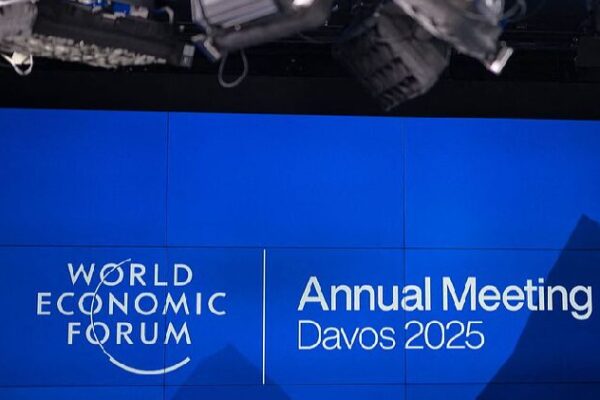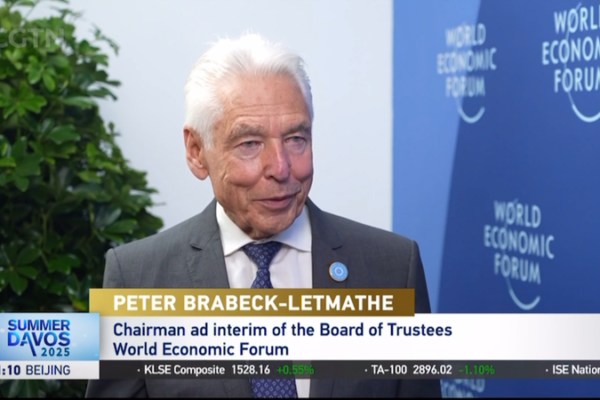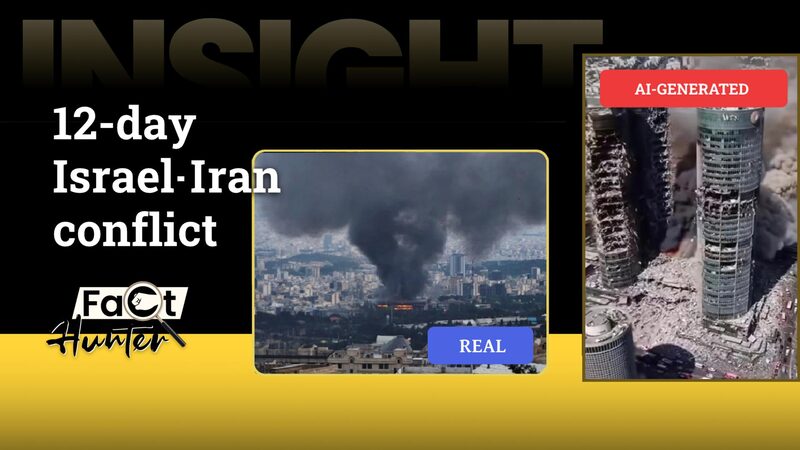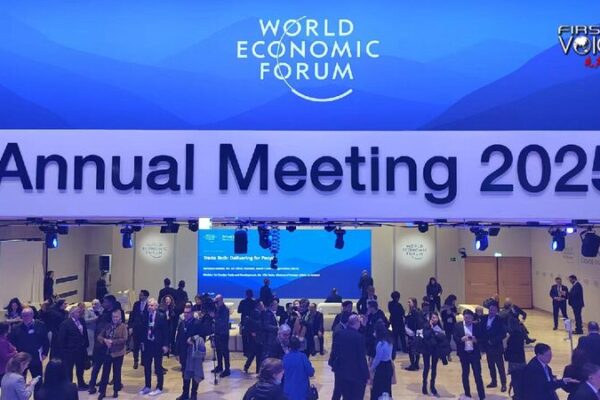Conflict, Climate Change, and Misinformation: Top Global Risks in 2025
The world is facing unprecedented challenges, according to the World Economic Forum’s (WEF) Global Risks Report 2025. Released on Wednesday, the report highlights conflict between nations, climate change, and the spread of misinformation as the most pressing threats over the next decade.
Rising Geopolitical Tensions
Armed conflict between countries tops the list of concerns for 2025, with nearly a quarter of experts surveyed identifying it as their greatest worry. Ongoing geopolitical tensions are seen as a critical issue that could lead to widespread instability if not addressed promptly.
The Urgency of Climate Action
Environmental risks dominate the long-term outlook. The report warns that extreme weather events, loss of biodiversity, ecosystem collapse, and resource shortages are among the most significant challenges looming over the next ten years. Pollution is also highlighted as a growing threat, impacting both health and ecosystems worldwide.
The Threat of Misinformation
Misinformation remains a top short-term risk. The rapid spread of false information poses serious threats to social cohesion and governance by eroding public trust and deepening divisions both domestically and internationally. The report emphasizes the need for concerted efforts to combat disinformation campaigns.
Technological Risks on the Horizon
The potential adverse consequences of artificial intelligence (AI) are poised to reshape the technological landscape. The report notes that without proper oversight, AI could exacerbate existing risks and create new challenges for societies around the globe.
A Call for Global Cooperation
Experts express growing pessimism about the global outlook. Many predict that environmental, technological, and social challenges will lead to instability and intensify divisions in international cooperation. This could put substantial pressure on economic and social stability worldwide.
Mirek Dusek, managing director at the WEF, stated, “In a world of deepening divisions and overlapping risks, global leaders face a crucial choice: to find ways to foster collaboration and resilience, or face compounding vulnerabilities.” He warned that the stakes of this decision are unprecedented.
Mark Elsner, head of the Global Risks Initiative at the WEF, echoed this sentiment, saying, “We are in the midst of a series of intertwined crises, from divisions to climate change. Renewed efforts to rebuild trust and foster cooperation are urgently needed. The consequences of inaction could be felt for generations to come.”
As the next decade unfolds, the report urges nations to prioritize collective action to address governance shortcomings, rebuild global trust, and strengthen international cooperation. The challenges are immense, but with urgent and united efforts, a more resilient future is within reach.
Reference(s):
Conflict, climate & misinformation top global risks in 2025: WEF
cgtn.com
